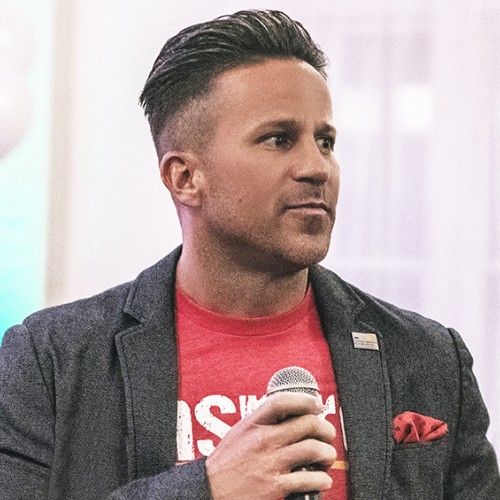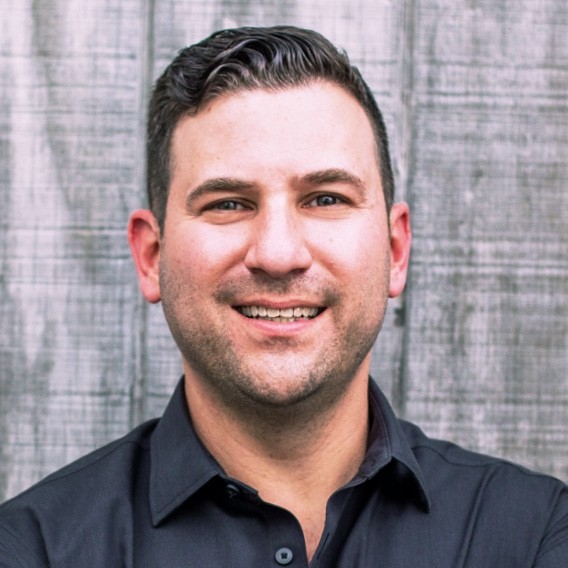I have been a mentor for the last two semesters and have had a total of 3 mentees. Each mentee approached the relationship a little differently but always from a positive standpoint. Each had their own interests and their own perspectives. I found it very rewarding to be able to provide my perspective on many, if not most, of their interests. I think I was able to provide some guidance on going forward with both school and career. One thing I stressed was balancing school and personal interests. Both are needed in my opinion. Too much emphasis in either direction is not the best way to proceed. While in school, schoolwork needs to be the primary interest but it also needs balance with personal activities.
One area that seems universal with all 3 mentees was where to go after graduation. We would discuss their interests and why. Some would have a very good idea of what interested them and what they wanted to pursue while some did not. One thing I stressed to them was that whatever direction they decided to go they had to be able to make a living and pay the bills. It is great to pursue your passion as long as it will result in getting a job that will pay the bills. If your passion will not result in a job that will pay the bills, pick another area of interest that will result in a good paying job.
All 3 mentees were interested in how I decided to become a chemical engineer. In my case it was very logical – I was good at math and science and I was told that being an engineer could utilize my talents. I decided on chemical engineering after entering college when I again looked at what I was good at – math and chemistry. All 3 asked about my co-op experience and my view of co-op. I am very positive on the co-op experience and would definitely recommend it to anyone in engineering school.
Two of the mentees asked about my finances. I do have a limited amount of experience in that area as I studied and took the exam to get a limited broker’s license (Series 6). I did pursue that for a short time but decided it wasn’t for me in the long run. I was able to recommend what I would do if I were them going forward after getting a job from a financial standpoint – first order of business is to put 6 months of living expenses in savings for a rainy day. Second order is participating in a 401(k) savings program thru their employer (if available) and maximizing the company match.
I was able to provide resume review (thru a friend of mine that has a lot of experience in that area) for two of the mentees which both thought was helpful. Other topics were discussed as well depending on the interest of the mentee but the most important ones from my standpoint are listed above. All calls for all the mentees lasted a minimum of 45 minutes with most over an hour. A positive attitude on the part of the mentee and the mentor makes this program very worthwhile for both – it certainly did for me and I would venture to say you would get the same response from the mentees. None of the calls were limited by time – on either end.
One area that seems universal with all 3 mentees was where to go after graduation. We would discuss their interests and why. Some would have a very good idea of what interested them and what they wanted to pursue while some did not. One thing I stressed to them was that whatever direction they decided to go they had to be able to make a living and pay the bills. It is great to pursue your passion as long as it will result in getting a job that will pay the bills. If your passion will not result in a job that will pay the bills, pick another area of interest that will result in a good paying job.
All 3 mentees were interested in how I decided to become a chemical engineer. In my case it was very logical – I was good at math and science and I was told that being an engineer could utilize my talents. I decided on chemical engineering after entering college when I again looked at what I was good at – math and chemistry. All 3 asked about my co-op experience and my view of co-op. I am very positive on the co-op experience and would definitely recommend it to anyone in engineering school.
Two of the mentees asked about my finances. I do have a limited amount of experience in that area as I studied and took the exam to get a limited broker’s license (Series 6). I did pursue that for a short time but decided it wasn’t for me in the long run. I was able to recommend what I would do if I were them going forward after getting a job from a financial standpoint – first order of business is to put 6 months of living expenses in savings for a rainy day. Second order is participating in a 401(k) savings program thru their employer (if available) and maximizing the company match.
I was able to provide resume review (thru a friend of mine that has a lot of experience in that area) for two of the mentees which both thought was helpful. Other topics were discussed as well depending on the interest of the mentee but the most important ones from my standpoint are listed above. All calls for all the mentees lasted a minimum of 45 minutes with most over an hour. A positive attitude on the part of the mentee and the mentor makes this program very worthwhile for both – it certainly did for me and I would venture to say you would get the same response from the mentees. None of the calls were limited by time – on either end.




































































